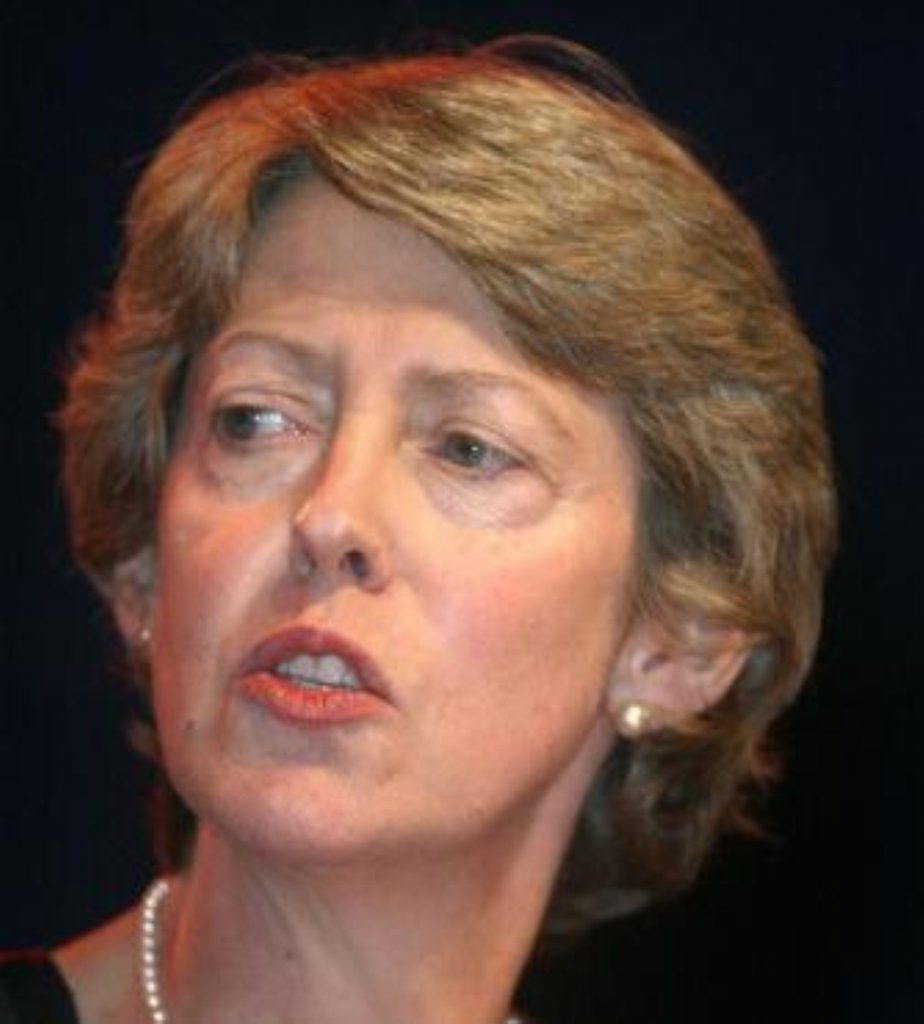Hewitt rejects abortion law review
The health secretary has rejected calls for the maximum time at which women can have an abortion to be reduced from 24 weeks.
Following a private meeting with the archbishop of Westminster, Patricia Hewitt announced that the government’s position on the issue remained the same.
“It has long been the parliamentary convention that proposals for changes in the law on abortion have come from backbench members and that decisions are made on the basis of free votes,” she said in a statement.
“We believe this should still be the case and the government has no plans to change the law on abortion.”


The meeting between the health secretary and cardinal Cormac Murphy-O’Connor has reignited the debate about abortion, with many calling for a review of the 24-week limit which has been in place for the past 15 years.
An early day motion by Labour MP Geraldine Smith calling for a committee to be set up to discuss the “scientific, medical and social changes” that could influence a change in the abortion law has so far been signed by 42 MPs.
Speaking after yesterday’s meeting, which was also attended by the president of the Catholic Union and the assistant general secretary of the Catholic Bishop’s Conference of England and Wales, Cardinal Murphy-O’Connor said public opinion was shifting.
“There is substantial and growing disquiet in Britain at the numbers of abortions. Our laws should reflect this disquiet,” he said, noting that more than 20 per cent of all pregnancies in the UK are ended every year.
“I welcome what appears to be a moral awakening, especially among women, to the reality that abortion is the deliberate ending of a human life.”
He insisted that although his religion meant he opposed abortion outright, it was not primarily a religious issue but a “human” issue, and said society must find other ways of supporting women who find themselves in an unplanned pregnancy.
“Millions of people, especially women, would like to see a review of the current law. I hope that members of both Houses of Parliament will respond by setting up a joint committee to carry out a thorough review of the 1967 Abortion Act,” he said.
However, campaign group Abortion Rights warned the debate was being driven by “misleading statistics” and ignored the desperate situations which caused many women to decide to have a late abortion.
“There is no consensus on reducing the time limit. People overwhelmingly support a woman’s right to choose and support women up to 24 weeks when they hear women’s reasons,” said director Anne Quesney.
“Neither the Catholic church or MPs sitting in parliament should impose their own moral views on women’s lives. The campaign to reduce the time limit is yet another attempt to chip away at reproductive rights by those opposed to abortion.”
The cardinal also called on Ms Hewitt to back his call for a national bioethics commission to look into ethical issues such as stem-cell research and the genetic screening of embryos.
“Science is speeding ahead of our capacity for reflection. We need a far broader public debate about these vital questions, which touch on the very origin and sanctity of life,” he said.









